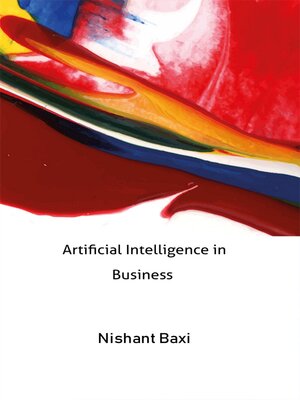
Sign up to save your library
With an OverDrive account, you can save your favorite libraries for at-a-glance information about availability. Find out more about OverDrive accounts.
Find this title in Libby, the library reading app by OverDrive.



Search for a digital library with this title
Title found at these libraries:
| Library Name | Distance |
|---|---|
| Loading... |
Definition and overview of Artificial Intelligence (AI)
Artificial Intelligence, commonly referred to as AI is a branch of computer science that aims to imbue software with the ability to execute actions akin to human intelligence. These actions encompass learning from experience, adapting to new information, comprehending complex concepts, and performing tasks that would ordinarily require human cognition such as interpreting natural language, recognizing speech, and problem-solving (Brooks, 2020).
AI can be categorized into two types: narrow and general. Narrow AI, also known as weak AI, is a system designed and trained for a specific task like voice recognition. This type of AI operates under a limited set of constraints and doesn't possess genuine intelligence or self-awareness despite its ability to mimic human interaction. In contrast, General AI, also referred to as strong AI, is an AI system that has generalized human cognitive abilities. It can comprehend, learn, adapt, and implement knowledge in entirely new and unfamiliar domains (Russell & Norvig, 2016).
The concept of Artificial Intelligence can be traced back to ancient Greek myths of "automata", or self-operated devices. However, the formal foundation of AI as a scientific discipline occurred in 1956 at a conference at Dartmouth College where the term "Artificial Intelligence" was coined by John McCarthy and other attendees (McCorduck, 2004). Today Artificial Intelligence has diverse applications which range from simple everyday uses like email spam filters, voice-enabled TV remotes, and personal assistance applications, to more complex systems like self-driving cars, healthcare diagnostics, and Stock-trading algorithms.







